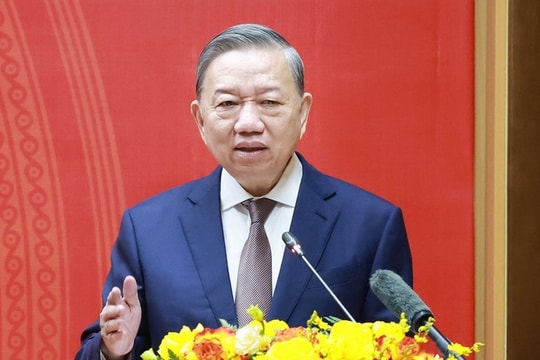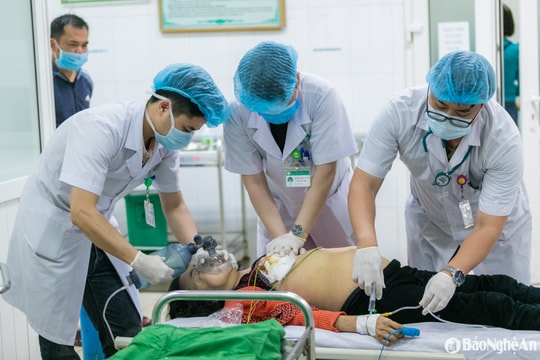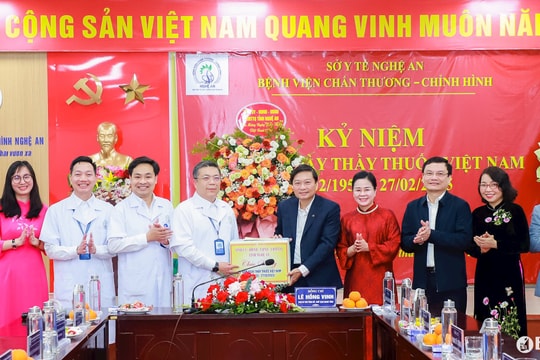Solutions to build an increasingly developed grassroots healthcare system
On the morning of February 26, at the Presidential Palace, President Luong Cuong met with a delegation of outstanding representatives of the health sector and awarded the title of "People's Physician" in 2024. During the meeting, People's Physician Duong Dinh Chinh - Secretary of Nghi Loc District Party Committee (Nghe An province) was honored to be the only one out of 46 People's Physicians to give a speech on the development of the grassroots health system. Nghe An Newspaper excerpted and published this speech.
Laying the foundations for a national health system
MedicalThe grassroots is the foundation of the national health system, the place closest to the people and directly performs primary health care tasks.
Before Directive No. 25CT/TW dated October 25, 2023 of the Secretariat on continuing to consolidate, improve and enhance the quality of grassroots health care activities in the new situation was issued, the grassroots health care system had gone through a period of many difficulties. Throughout the development process, although grassroots health care has always played a key role and always received attention from the Party and the State, its activities have not met the requirements and expectations of the people.
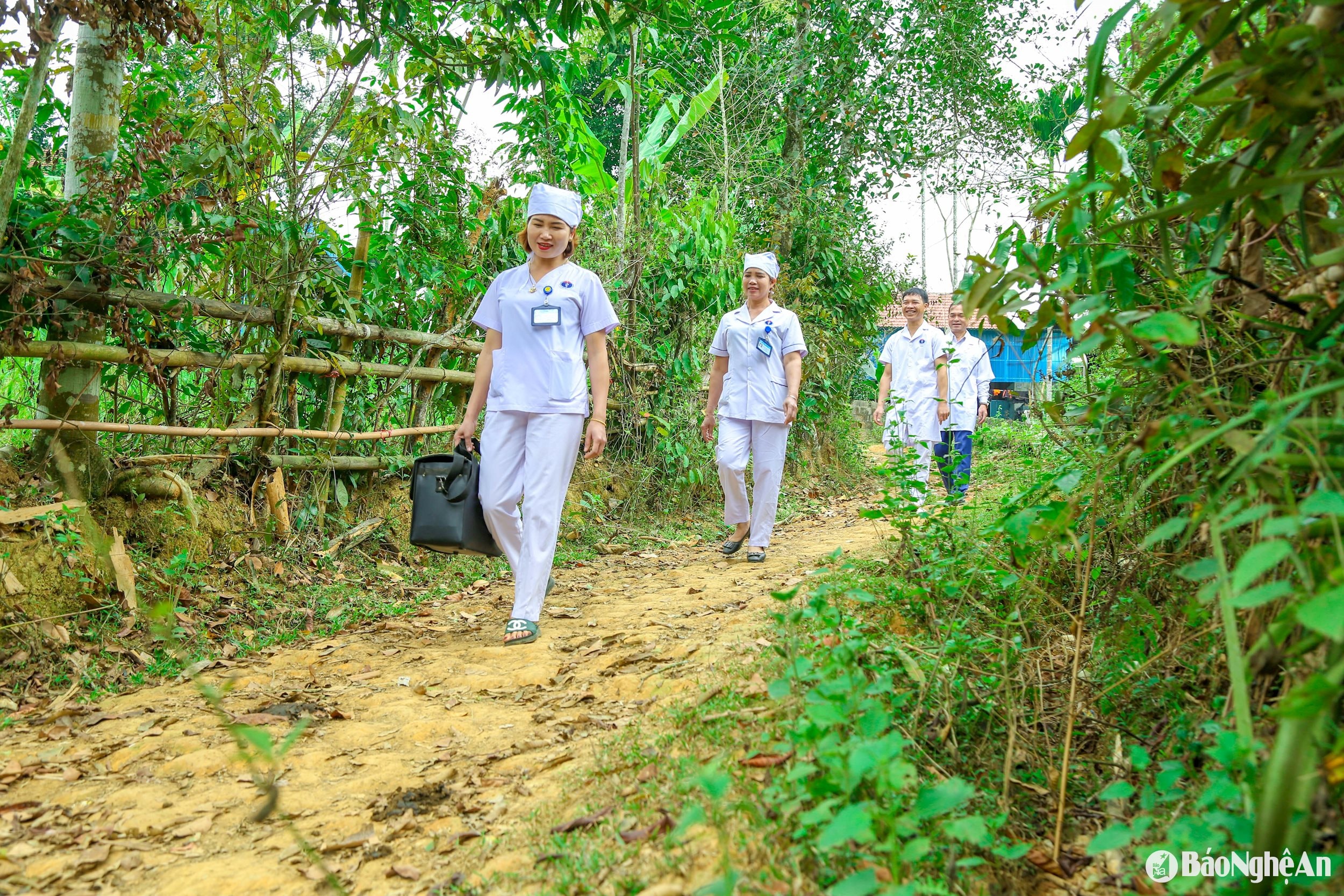
These challenges have become more evident during the COVID-19 pandemic. Although the grassroots health system has made great contributions to disease prevention, it has also revealed many limitations: inadequate facilities; uneven human resources in terms of quality and quantity; inadequate remuneration policies to retain health workers... Many commune health stations are only operating at a low level, lacking the ability to provide comprehensive health services to the people. In the context of increasing non-communicable diseases and changes in disease patterns, the above issues become even more urgent.
In developed countries, the primary health care system is always given special attention, because this is the foundation for ensuring public health, helping to reduce the burden on upper-level health care and improve the effectiveness of primary health care.
The governments of countries such as Japan, Korea and European countries all have strong investment strategies in primary health care, not only in terms of facilities but also in human resource policies and application of modern technology.
Universal health care programs, electronic health records, and family doctor systems are examples of these countries’ success in developing primary health care. These are valuable experiences that we can learn from and apply appropriately to the actual situation in Vietnam.
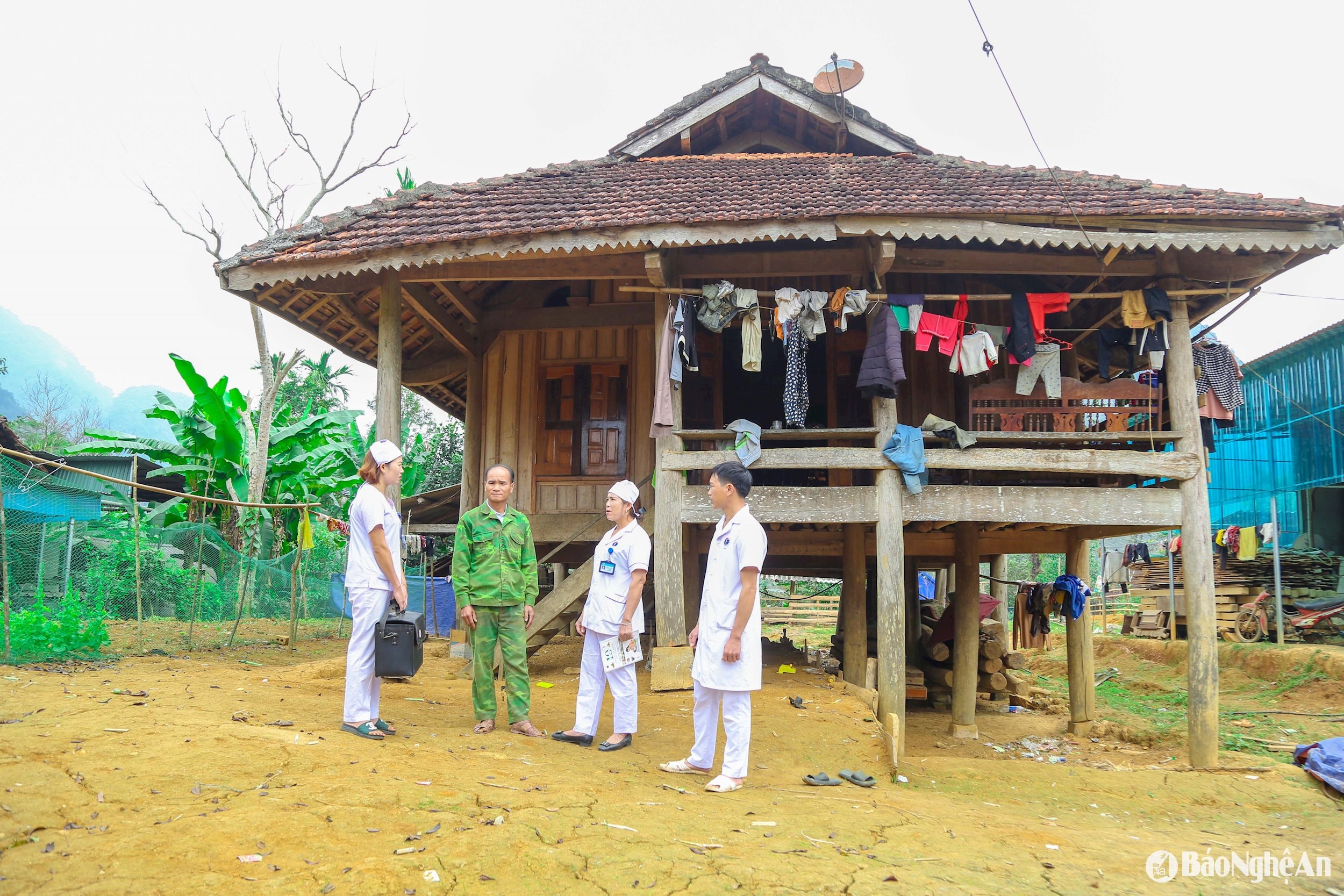
Recognizing these shortcomings, the Secretariat issued Directive No. 25, demonstrating the highest political determination in consolidating, perfecting and improving the quality of grassroots health care activities. This is a breakthrough policy, not only to resolve long-standing problems but also to build a modern grassroots health system with the capacity to meet the challenges in the new situation.
Immediately after the Directive was issued, the Ministry of Health took the lead in concretizing the Party's directions. The Ministry has developed and issued many important documents, such as the Directive implementation plan, detailed instructions on improving the quality of medical examination and treatment at commune health stations, developing the family doctor model, and applying digital transformation in health management.
Not stopping there, the Ministry of Health also closely coordinated with relevant ministries, sectors and local authorities to mobilize all resources, from the state budget to socialized sources, to improve infrastructure, enhance human resource training, and enhance management capacity at the grassroots health level. These efforts have brought about positive initial results.
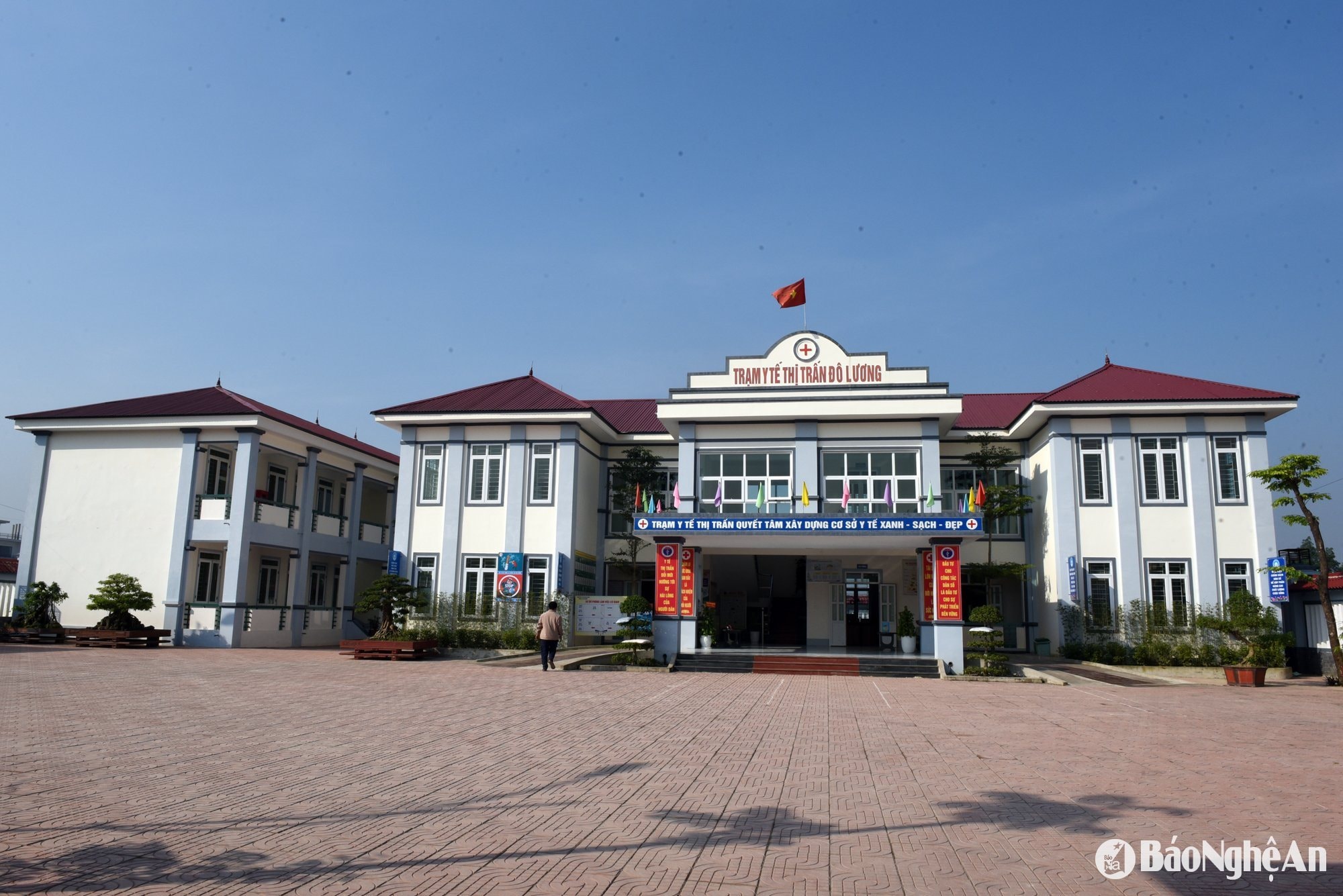
Nationwide, the grassroots health system has undergone significant changes. The proportion of communes with national standard health stations is increasing. Chronic disease management programs such as hypertension and diabetes have been implemented at many health stations, helping people access health services right in the community, instead of having to go to higher levels. The electronic health record system is gradually being completed, creating the premise for effective and scientific health management of the entire population.
Nghe Anhas also taken positive steps to implement Directive 25. The province has prioritized investment in building and upgrading medical stations, especially in remote areas and border districts. Many medical stations have been equipped with basic diagnostic equipment such as ultrasound machines, blood glucose testing machines, etc. Thereby, improving the ability to provide primary health care. Training and development programs for commune health workers have also been implemented synchronously, helping the grassroots medical team to gradually better meet the requirements of their tasks.
Need more mechanisms and policies for grassroots healthcare to develop
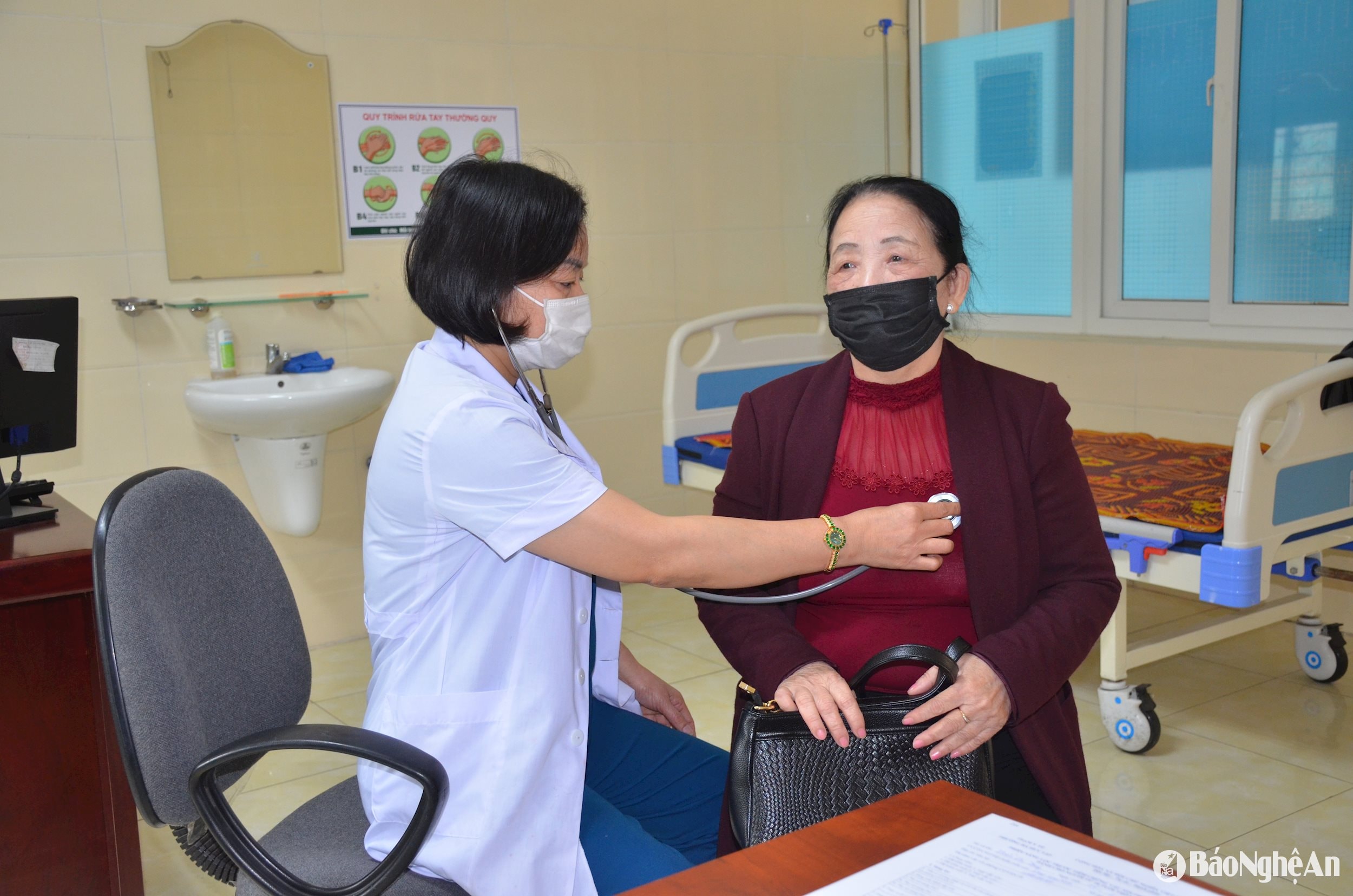
However, looking back at the implementation process, grassroots health care is facing many challenges. The biggest challenge is the issue of human resources. Many good health workers are not interested in working at commune health stations because the remuneration is not commensurate, especially the limited working conditions will affect the individual's future professional development. This leads to an imbalance between regions, especially remote areas.
In addition, objective causes such as: changing disease patterns due to population aging, climate change, urbanization, industrialization, globalization, unhealthy lifestyle behaviors, and people's increasingly high and diverse health care needs are also challenges that the health sector, especially primary health care, must face.
In addition, financial resources for primary health care, although improved, still do not fully meet the needs. Many localities still face difficulties in allocating budgets, especially for health stations in disadvantaged areas, which require large investments but have low capacity to mobilize social resources.
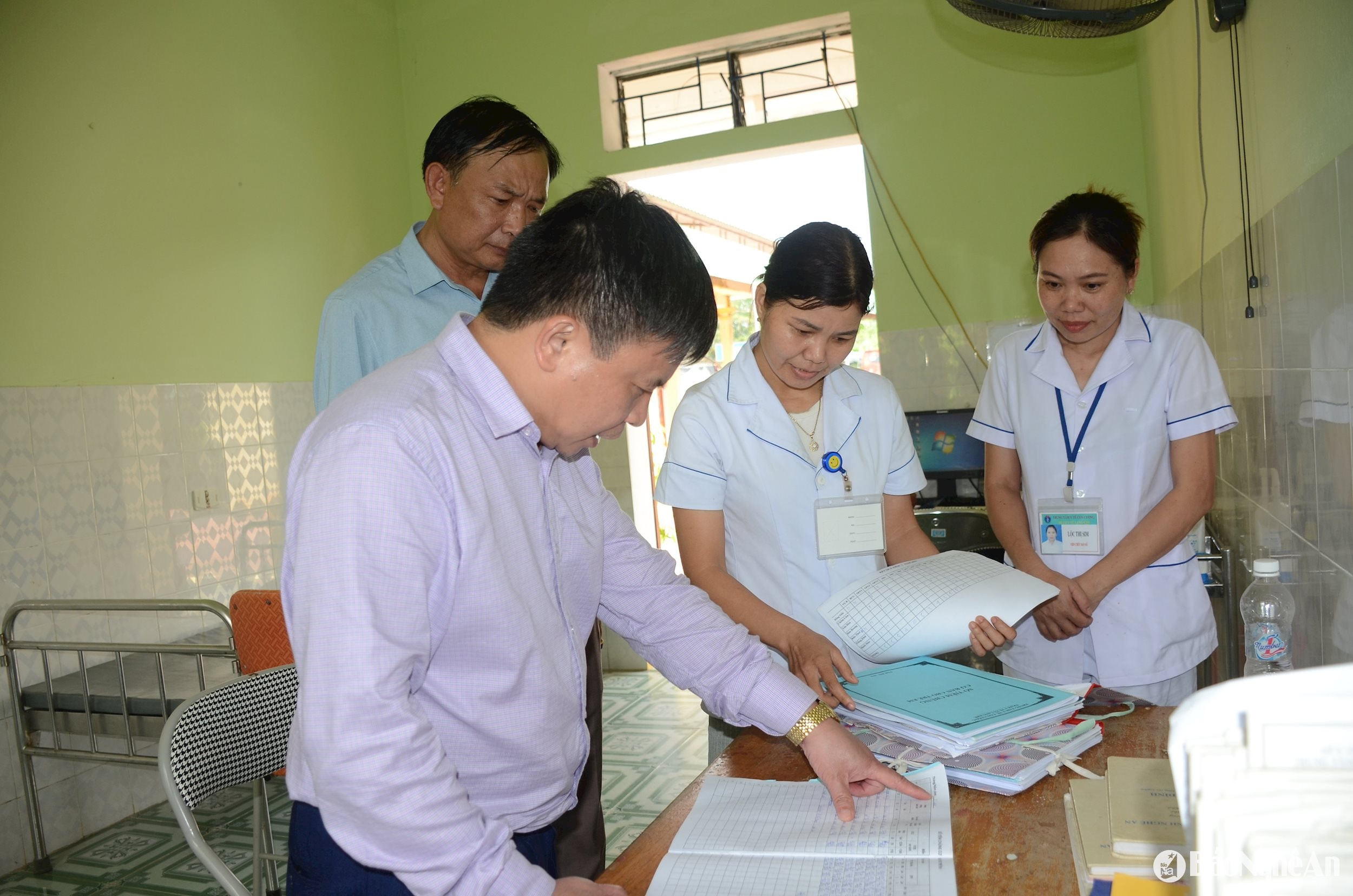
To address these difficulties and challenges, the Party, the State and the National Assembly need to consider continuing to issue separate resolutions on the development of grassroots healthcare, with specific mechanisms on finance, human resources and preferential policies; it is necessary to increase the budget proportion for grassroots healthcare in the total healthcare budget expenditure, and at the same time encourage localities to mobilize social resources to invest in developing this field.
On the part of the Ministry of Health, it is necessary to focus on innovating the organizational structure, operating mechanism, and financial mechanism; continuing to promote training programs and improve the capacity of grassroots health workers. At the same time, there should be flexible policies to attract doctors to work at commune health stations, especially in remote areas.
Expanding training programs at the local level and ensuring that doctors after training have stable, long-term jobs in the locality are necessary solutions. Synchronously deploying information technology systems in grassroots healthcare activities, promoting digital transformation, and strengthening the connection between grassroots healthcare and higher-level healthcare.
For localities, it is necessary to pay more attention to building infrastructure and ensuring that commune health stations have adequate working conditions. At the same time, it is necessary to strengthen communication work, raise people's awareness of the role of grassroots health care, and encourage them to use health services at the commune level instead of going to other levels unnecessarily.
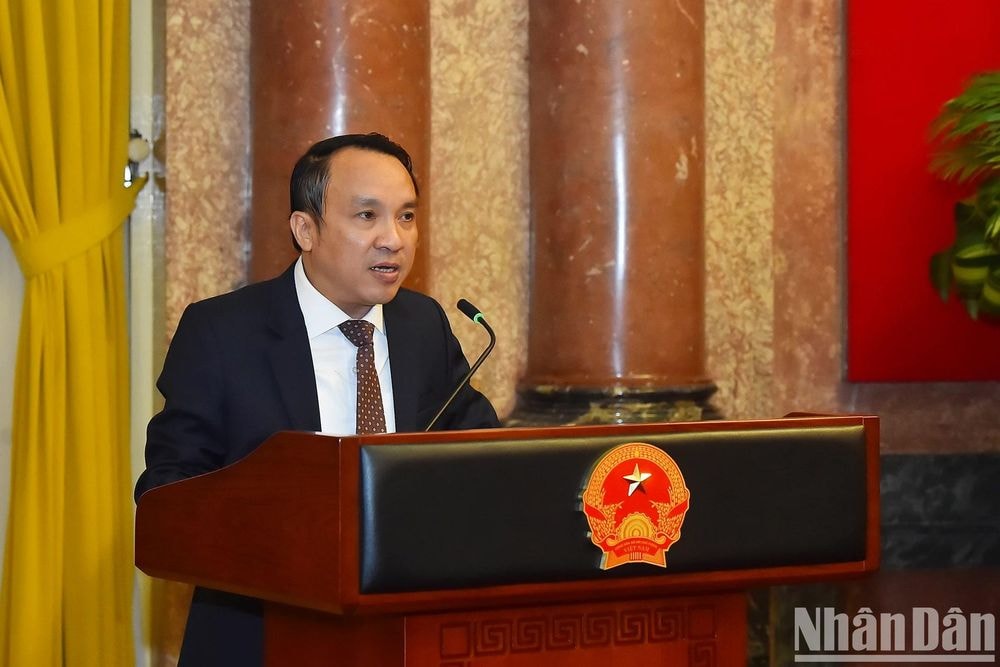
Directive 25 of the Secretariat has opened a new stage, full of potential for the grassroots health system to develop more strongly. To successfully implement this Directive, it requires the consensus and high determination of the entire political system, the continuous efforts of the health sector and the active participation of the whole society.
We believe that, with the wise leadership of the Party, the strong direction of the State, and the consensus of the people, grassroots healthcare will become a solid foundation for the sustainable development of the national healthcare system, better meeting people's expectations in the new situation.

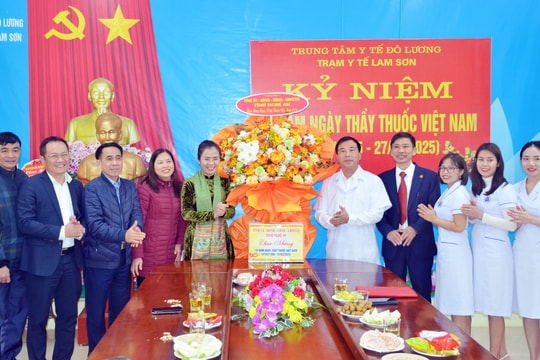
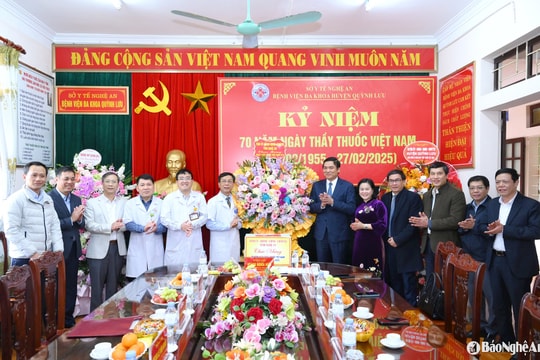
.jpg)
